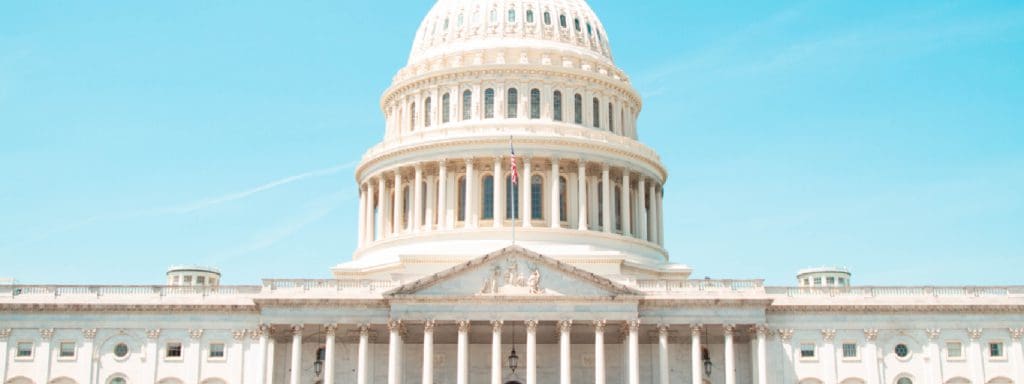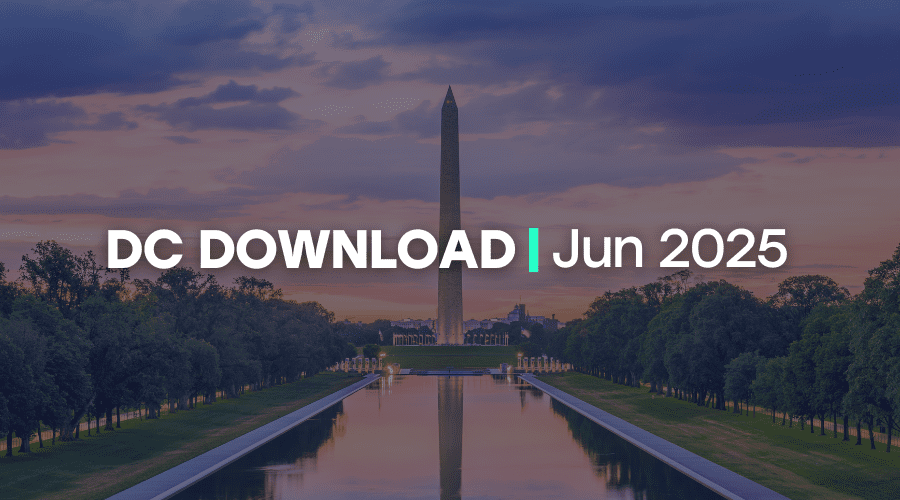The Health of American Democracy is Central to the Health of American Voters and an Accurate 2020 Census
At the intersection of equity and American politics lies the historical legacy of exclusion – patterns of disenfranchisement that seek to revoke power or control of an individual, community, or being to the natural amenity they are abound in. By law, everyone who is eligible is entitled to participate in fair elections and accurate census process. Those who are qualified should be guaranteed their constitutional right to be equally represented through the apportionment and redistricting processes that follow. Significant funding must be secured in the final COVID-19 relief package to ensure that the constitutional right of fair and equal participation is not infringed upon.
A Starting Point for Legislative Negotiations
To date, emergency funding for census and elections assistance in the congressional stimulus packages has been inadequate. An immediate infusion of funding is needed for states to seamlessly implement safe voting and census practices that guarantee full access to participation for elderly constituents, people with disabilities, people of color, younger citizens, and residents from distressed or marginalized communities.
To help resolve this, Congress must include the following provisions in the final relief package:
- $3.6 billion to expand inexcusable mail ballot processing and administrative capacity nationwide. Federal funding will help to defray costs associated with postage, paper ballots, absentee ballot tracking, election security initiatives, and voter registration resources.
- $400 million to increase the emergency funding for the 2020 census, $10 million to further support current surveys, and a delay of statutory deadlines by four months for census reporting of 2020 results.
The Necessity for Equity
The outright refusal to appropriate emergency resources is, at its core, a form of disenfranchisement. A voting system cannot be deemed accessible if it does not allow voters with disabilities to vote privately and independently. Over 35 million Americans who are eligible to vote have conditions that constitute as disabilities under federal law. Additionally, polling site changes, closures, and consolidations historically occur in communities of color. Consequently, tools and resources must be developed to combat disinformation and inform voters of changes to election procedures, registration dates, requirements, deadlines, and absentee voting. To add insult to injury, the Centers for Disease Control & Prevention has identified numerous underlying medical conditions that render individuals from these communities as “high risk” for severe illnesses that could be fatal if worsened by COVID-19.
The ability to safely participate in the democratic process amid COVID-19 is not a partisan debate. Not only does the census serve as a national accounting of everyone, it assesses demographic changes and population growth, and is also used as a tool to determine proportional political representation, redistricting, Congressional apportionment, and emergency response. This civic initiative seeks to equitably distribute hundreds of billions of federal dollars to state and local municipalities, as its findings are used to shape and influence policymaking for public sector investments such as infrastructure, affordable housing, healthcare programs, educational grants, and more. Though significant gains in civic engagement have been achieved in recent decades, inequities within electoral and census processes are deeply embedded in the many forms of racism in our political system. As a result, many populations are regularly and disproportionally excluded from the democratic process.
Immediate Call to Action
If civic engagement did not matter, elected and appointed officials wouldn’t find innovative ways to discourage participation by certain communities. While there are no perfect or quick solutions to rectify these systemic challenges, collective progress cannot be further delayed. The COVID-19 pandemic has and will continue to plague communities that have been adversely impacted by the ongoing health and economic crisis.
The right to life and public safety are human rights that are afforded to all. Therefore, exercising civic duty should never jeopardize the health and well-being of any constituent. Negotiations between the U.S. House and Senate are ongoing. Submit a letter to members of your Congressional delegation today to ensure that every person who is eligible is accounted for and can cast their ballot safely.



